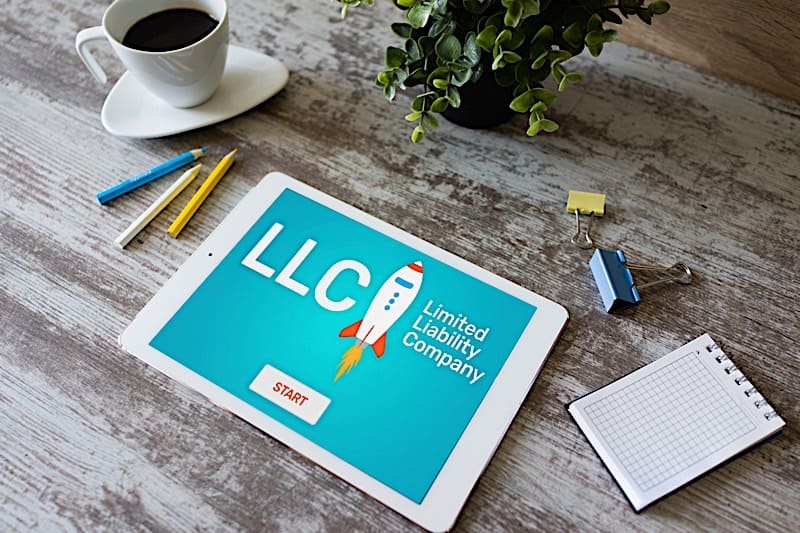
This past year has been a difficult one for landlords. As the COVID-19 crisis has impacted the entire country, landlords have dealt with a variety of issues including shifts in housing patterns, a federal moratorium on evictions, and a need for implementing new procedures and protocols to keep properties and tenants safe. Here is a look forward to 2021 for landlords.
As a new year looms and the COVID-19 vaccine rollout is underway, many landlords are optimistic about what 2021 will hold. While there is still much uncertainty as to what the next year will look like, there are a few trends that landlords can anticipate and plan for. Here are a few to keep in mind.
Renters will Continue to Leave High-Density Areas for the Suburbs
One major trend of 2020 has been renters leaving high-density urban areas for the suburbs. The combination of so many employees working remotely and the loss of many perks of city living – like restaurants, events, and amenities – has caused many renters to look for a suburban rental with more space and a yard.
Describing this trend, Stuart Miller of Lennar says, “There’s no question that there are people who are fleeing the cities…..There’s no question people are rethinking whether they want to be in high rise rentals with common spaces as amenities vs. having a home of their own with a backyard.”
This trend will likely continue during 2021. Even once there is widespread distribution of the vaccine and a loosening of restrictions in cities, it’s likely that this trend will continue as more and more companies shift to having employees work remotely. This will mean that there will likely be reduced demand in urban areas with a simultaneous increase in demand – and rental prices – for rentals in suburban areas.
There will Continue to be a Rise in Tenants Unable to Pay Rent
While the federal eviction moratorium was initially set to end on December 31, 2020, it will likely be extended through January 31, 2021, as part of the most recent stimulus package. However, even when it is lifted, landlords will see an increase in tenants unable to pay rent as there are still millions of Americans out of work.
Hopefully, joblessness will continue to decline and will decrease dramatically after the widespread rollout of vaccines. Until then, however, landlords should anticipate an increase in tenants unable to pay rent combined with federal protections to help support these individuals impacted by COVID-19.
The Rental Market Will Rely More Heavily on Technology and Go Contactless
One major shift in 2020 has been a rise in rental markets going digital. Landlords and property management companies have worked to go contactless, setting up self-showings, online applications, e-signature services, and contactless rental payments.
This is a trend that will likely continue into 2021 and will remain even after the COVID-19 crisis has passed. These systems enable property managers and landlords to be more efficient and to more effectively handle tenant turnover and property management.
If you haven’t done so already, it’s a good idea to work towards going contactless by putting all forms online and utilizing an e-signature service. While this might sound daunting to some, by simply getting an ezLandlordForms Lease, landlords can instantly get access to all necessary, state-specific forms online as well as ezSignature and ezCloud storage.
Conclusion
As we enter 2021, the end of the pandemic is in sight. That said, it will continue to impact rental markets throughout the year and likely into the following year. Uncertainty about the timing of vaccine distribution, the potential for new federal regulations, and the potential for long-term shifts in the rental markets leaves many questions about what the year will hold.
Looking forward to 2021 for Landlords, they should go into the year planning for some of the shifts that seem likely while also anticipating some surprises and the need for flexibility as the year unfolds. For help with the tools and resources needed to be successful this year, visit ezLandlordForms or contact our team.
Researching Property Management Companies?
PropertyWize is the best in the industry!
We are committed to making you a successful investor. Our team wants to see you get a better return on your rental property. We know how to increase your profits all while decreasing your stress and frustrations. Our proven systems, and use of cutting-edge technology, sets us apart. Being a landlord is hard work. Put our experienced team of 10 individuals to work for you. Schedule a 15 minute consultation with an Experienced Manager Today!













